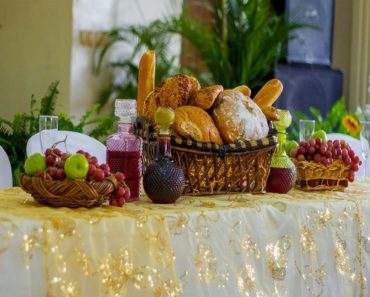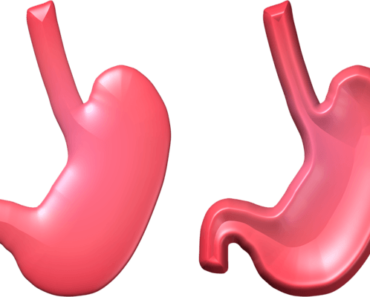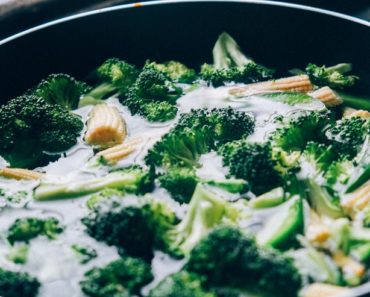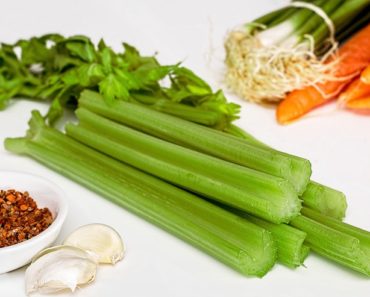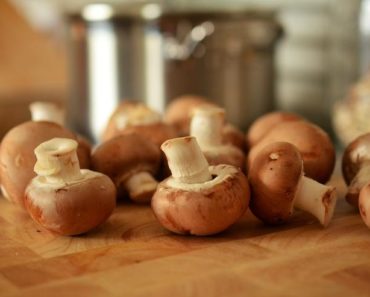
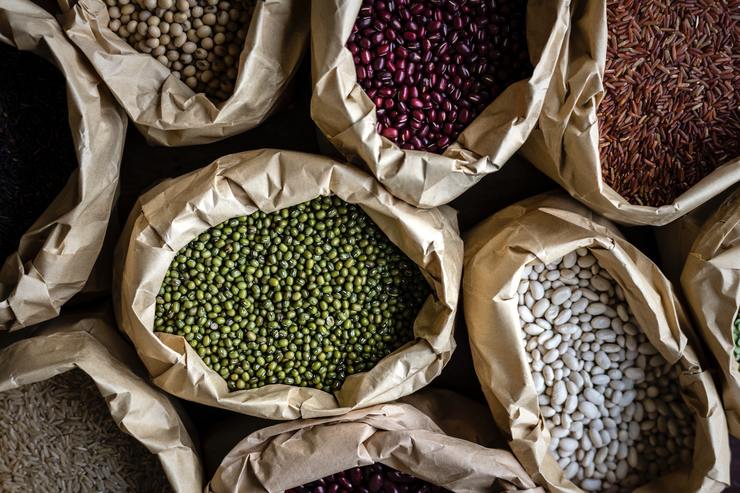
pexels.com
Not all foods are healthy! In fact, some foods are deadly if you eat too much of the wrong part or eat it improperly repaired. Did you know that one of Thanksgiving’s most popular flavors is toxic? Check out number 4.
If you love chili, numbers one and two might change the way you view some of the ingredients. Don’t feel too smug about eating apples and cherries – parts of those are really not very good for you.
If you eat any of these foods, just make certain that you eat the right parts and leave numbers six and ten to the professionals.
1. Kidney BeansUncooked kidney beans are poisonous. They contain lectin, a glycoprotein that causes nausea, diarrhea and vomiting. This toxin does occur in other beans, but kidney beans have the largest concentration. In order to avoid kidney bean poisoning, you need to cook kidney beans thoroughly. It only takes four or five raw or uncooked beans.
The biggest culprits for kidney bean poisoning are slow cookers, so soak them and cook them completely before eating them. And don’t snack on uncooked beans.
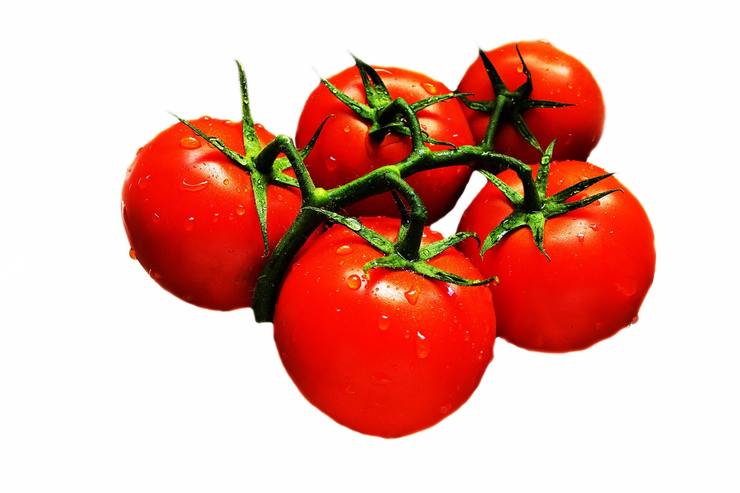
pexels.com
2. TomatoesTomatoes are also on the list of toxic foods we love. Tomatoes are members of the nightshade family along with eggplants, potatoes, and belladonna. The plant parts of all contain solanine, an alkaloid that in high enough doses can cause gastrointestinal symptoms, hallucinations, paralysis and death.
Don’t eat the leaves and stems of tomato, potato or eggplants. Some people who are sensitive to solanine should avoid eating produce in the nightshade family. Green potatoes contain elevated levels of solanine, so avoid those.
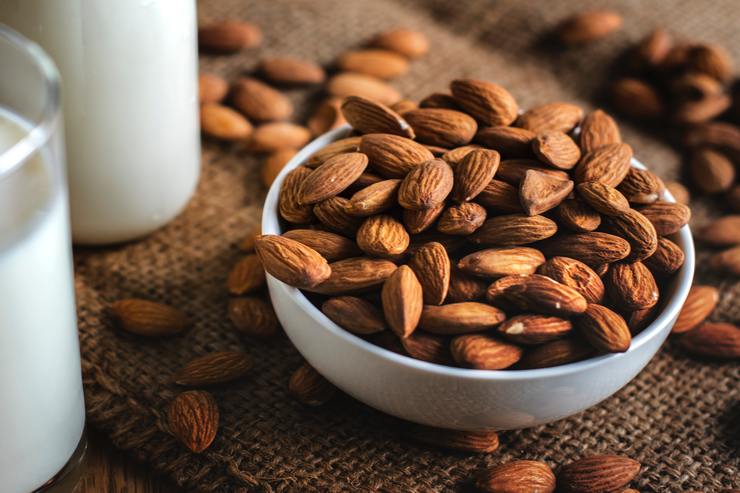
pexels.com
3. Bitter AlmondsThere are two different types of almond trees. The sweet almond is where we get our almonds. The bitter almond is a very pretty tree with poisonous nuts. The nuts from the bitter almond are full of cyanide, a deadly poison.
It is illegal to buy raw, untreated bitter almonds in the US. But because they grow wild in some states and they two species look very similar, make sure you know which almond you are picking and eating!
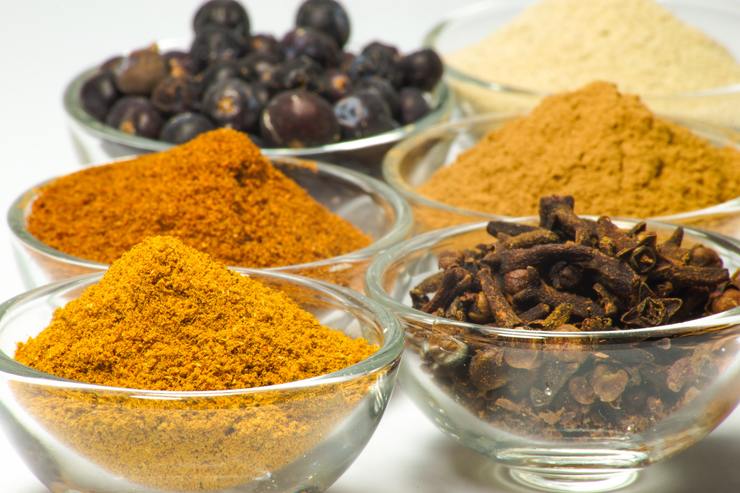
pexels.com
4. NutmegNutmeg is sprinkled on practically everything between Thanksgiving and Christmas. It gives a slightly sweet taste to pies, coffee and hot spiced cider. It is even useful to ease muscle and tooth pain.
If you eat too much, you can develop hallucinations or Nutmeg Psychosis, where the user feels agitated and experiences a sense of doom. It takes two to three teaspoons of nutmeg, so overdosing accidently is rare. Nutmeg can be abused, so keep an eye on your spice rack.
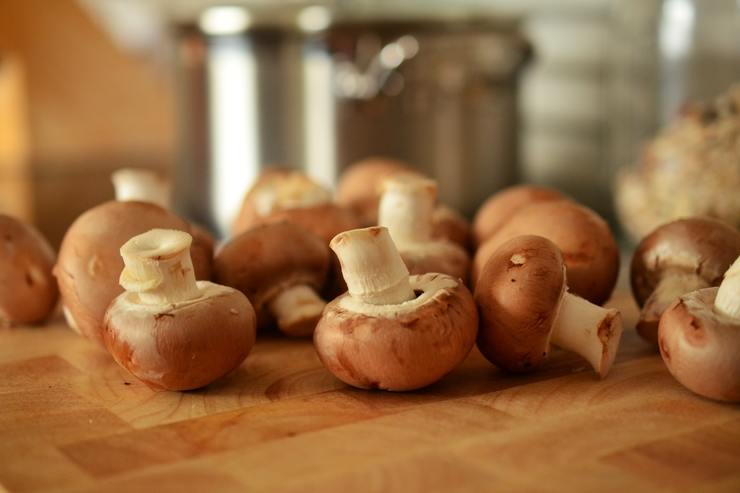
pexels.com
5. MushroomsMost people know not to eat wild mushrooms! If you don’t, here’s a hint. Don’t eat wild mushrooms. Even experts can mistake good, healthy mushrooms for deadly ones, so stick with the grocery store offerings. Poisonous mushrooms contain toxins like orellanine, gyromitrin, and alpha-amanitin.
Basically, if you get a poisonous mushroom, cooked or uncooked, you may die of liver failure. If you survive, you may need a new liver. It doesn’t take much.
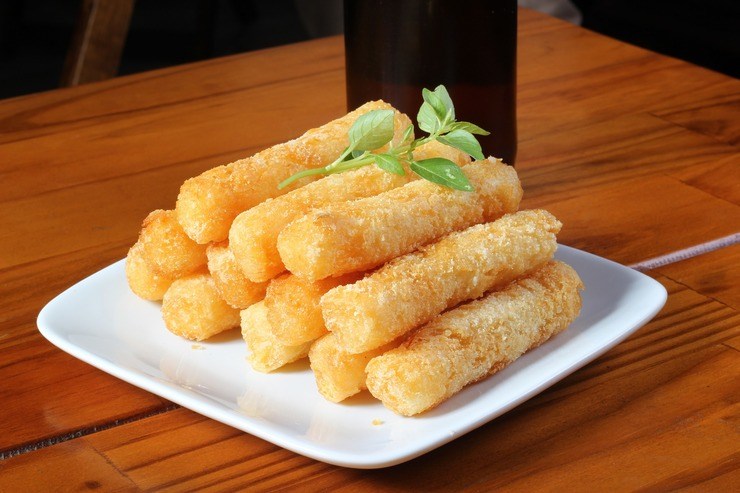
pixabay.com
6. CassavaCassava is not common in mainland US, but it is a staple in tropical countries. It is also known as yuca, manioc, or Brazilian arrowroot. It is a brown root that shows up in grocery stores that cater to ethnic populations.
The cooked root is delicious, but the raw root contains several different types of cyanide. If it is improperly prepared it is quite poisonous. Cassava is a vegetable that is probably best left to people who know what they are doing.
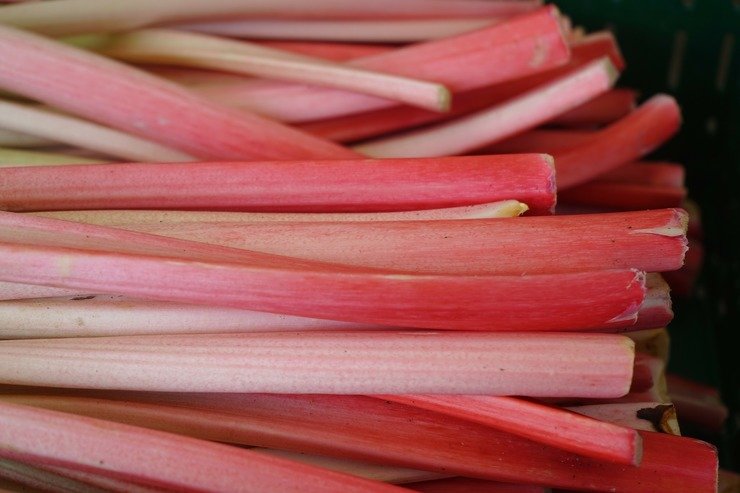
pixabay.com
7. RhubarbRhubarb has beautiful red stems and huge green leaves. Rhubarb is used in pies, jams, and enjoyed raw for its tart taste. It is full of nutrients and most people grow it easily. However…. Since it is in the list, you can guess that parts of the rhubarb are toxic.
The leaves contain oxalates and anthraquinone glycoside. Oxalates can reduce mineral absorption and can cause kidney stones. Anthraquinone is both a laxative and a purgative.
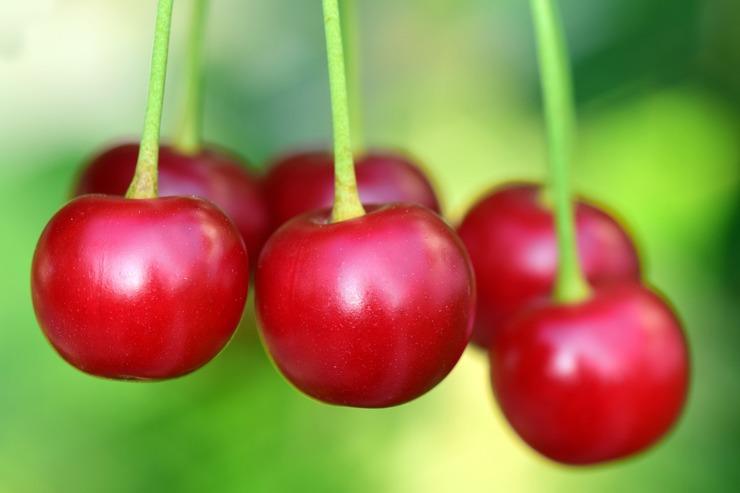
pixabay.com
8. Apple Seeds and Cherry, Apricot and Peach PitsApple seeds are a bit easier to eat than cherry, apricot or peach pits but eating too many of any of these seeds can be toxic. These seeds contain amygdalin. If you digest them, particularly if they are chewed, amygdalin becomes hydrogen cyanide. This is very poisonous.
You’d probably need to eat a lot of seeds – two cups worth – so unless you deliberately set out to eat enough to poison yourself, you will probably be safe swallowing one or two seeds.
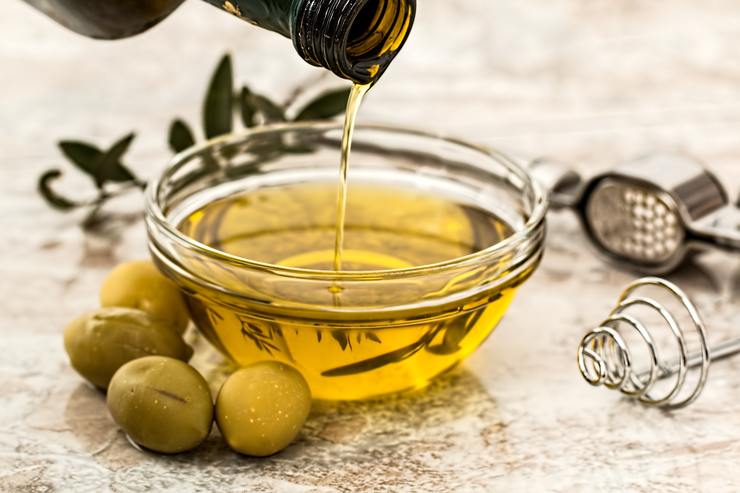
pexels.com
9. Castor BeansCastor oil used to be the go-to for upset stomachs. If you’ve had it, you probably didn’t love it. It is also found in food flavorings and colorings. The castor oil bean is extremely toxic. One castor bean can kill a child.
Castor beans contain ricin, which is far more toxic than cyanide. There is no remedy for ricin poisoning.
Castor beans plants can grow in some parts of the US and it is a beautiful and exotic looking plant. Just avoid the beans!
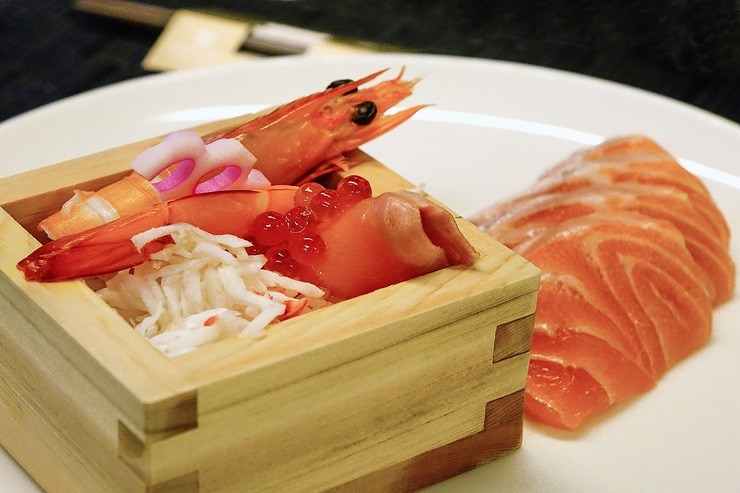
pixabay.com
10. FuguMost of us probably will never have fugu. Pufferfish is a delicacy in Japan and aficionados claim it is the most delicious of all fish. The liver, ovaries, and skin of the pufferfish contain tetrodotoxin.
If the fish is not properly prepared, the fish is quite poisonous, and deaths have resulted from eating it.
Chefs who can prepare fugu with just enough of the toxic to give a tingle, but not enough to kill are highly valued.
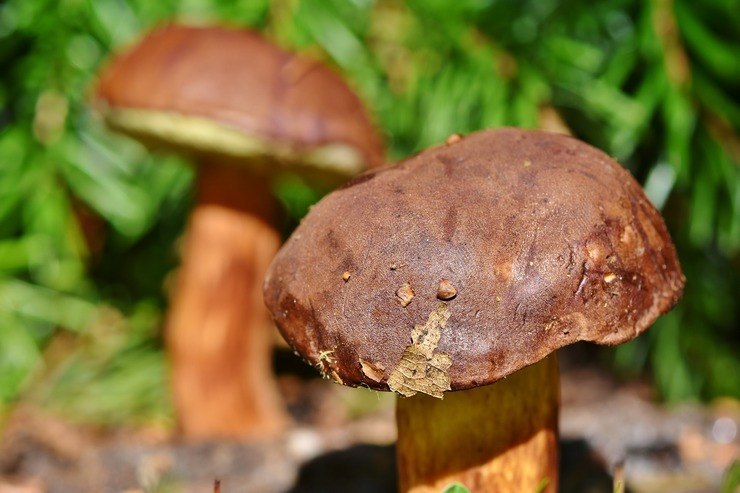
pixabay.com
ConclusionSome of these foods might be encountered in a garden – just be aware of what you are picking off a tree or nibbling on, like castor beans. Others, like cassava and fugu, need professional handling.
And if you get lost, don’t pick and eat mushrooms. You really won’t enjoy the outcome.
And remember that plants have defenses against being eaten, like the nightshades, and while the fruits might be edible, other parts definitely are not, so clean tomatoes and avoid green potatoes.

